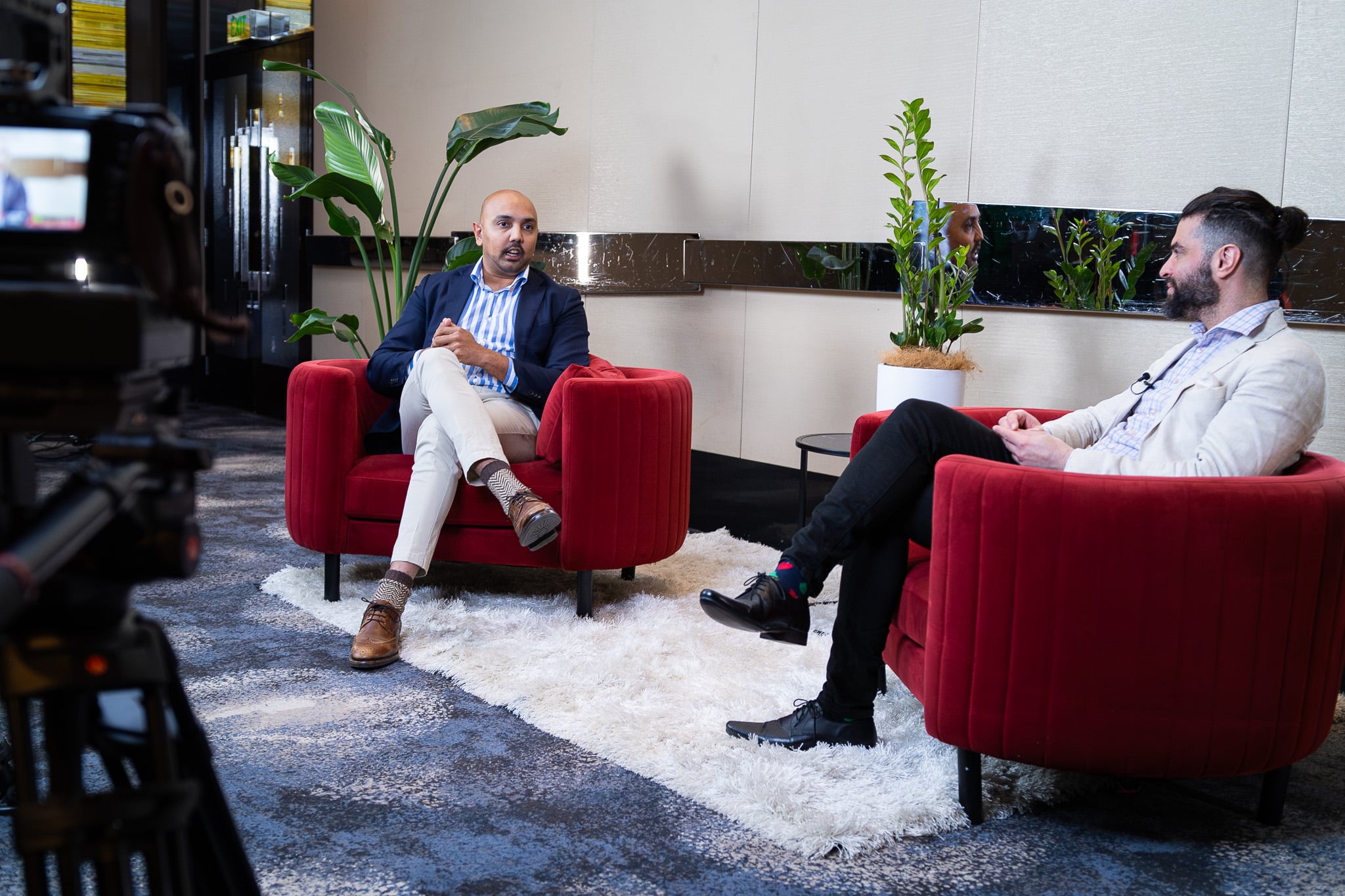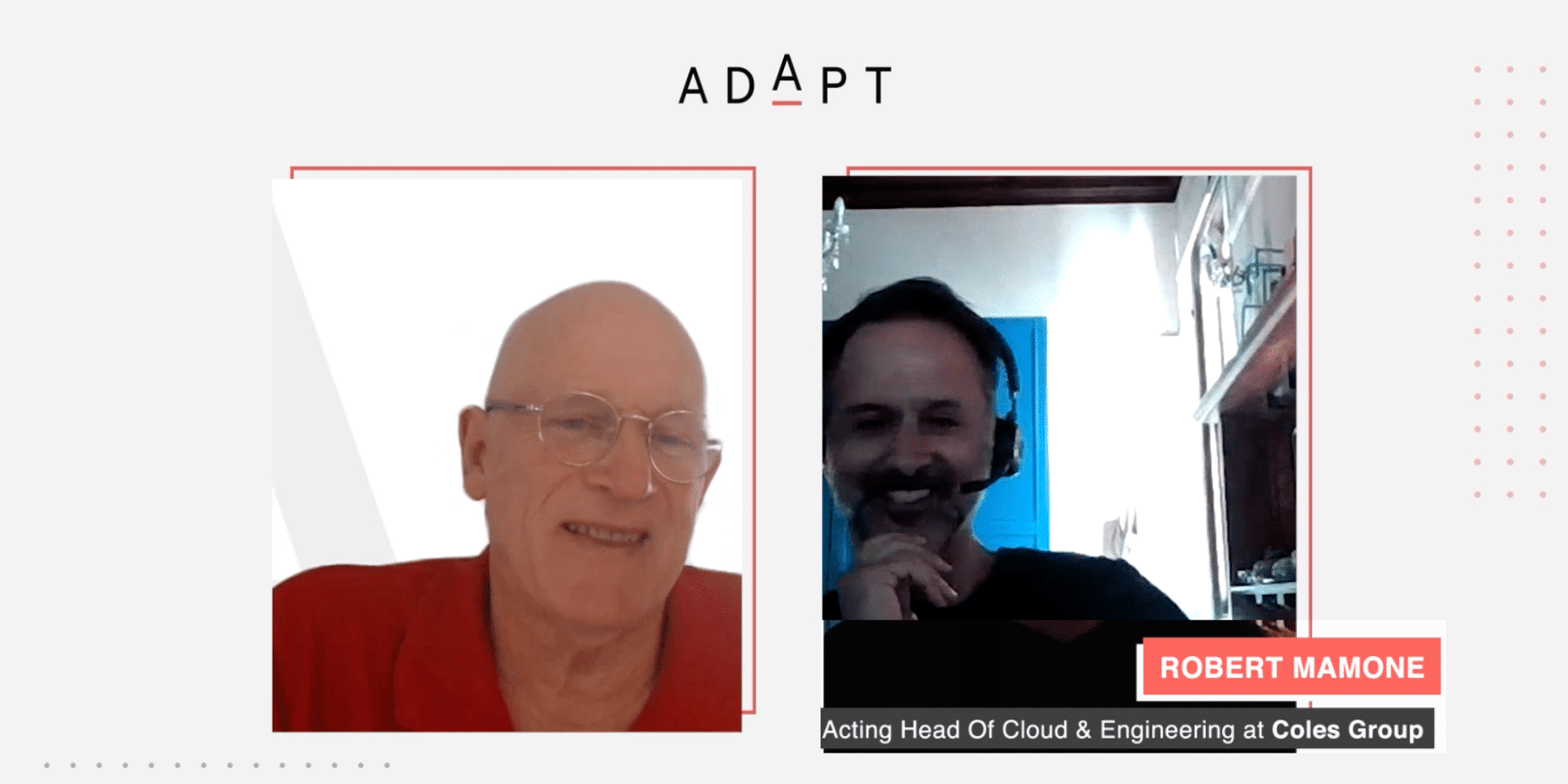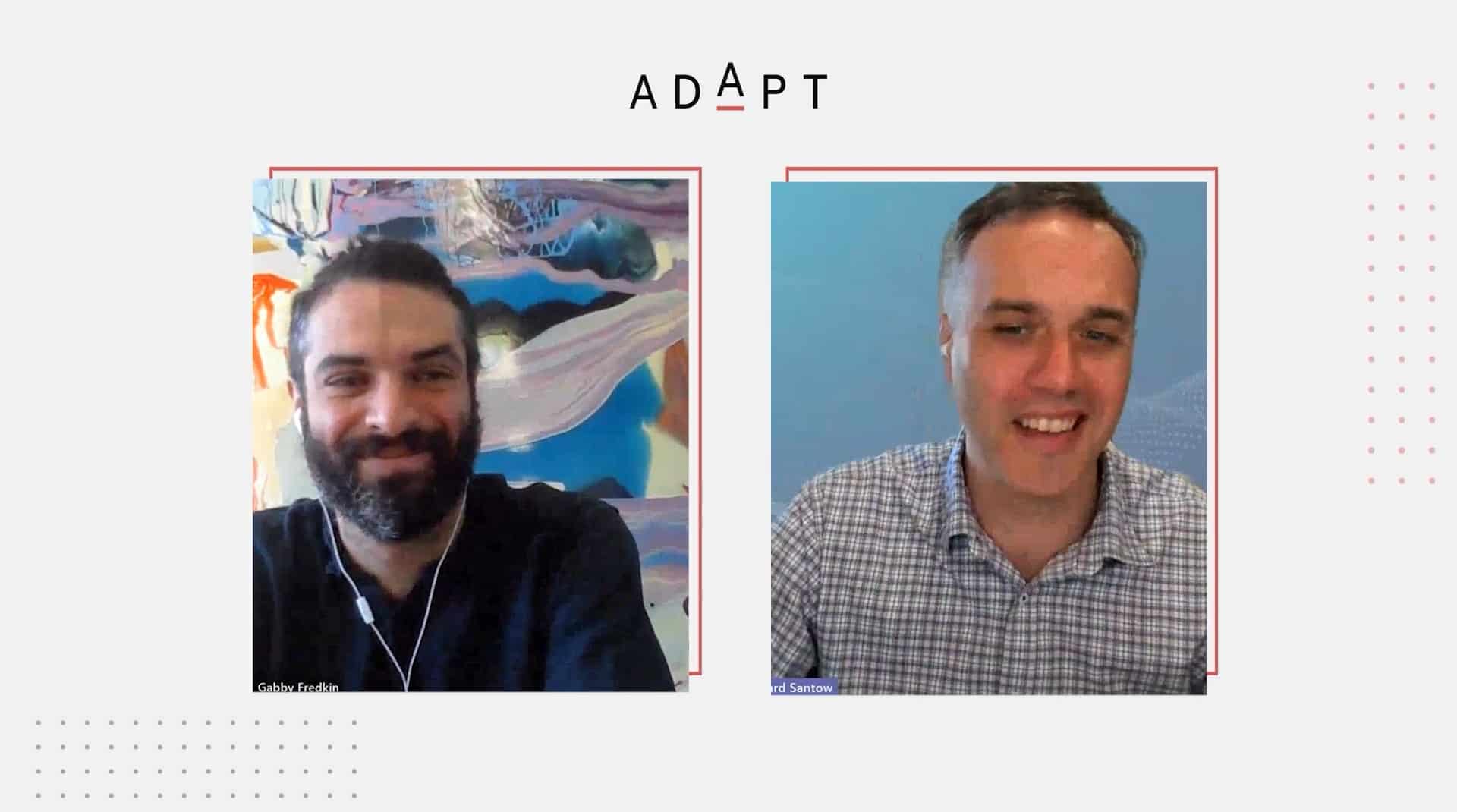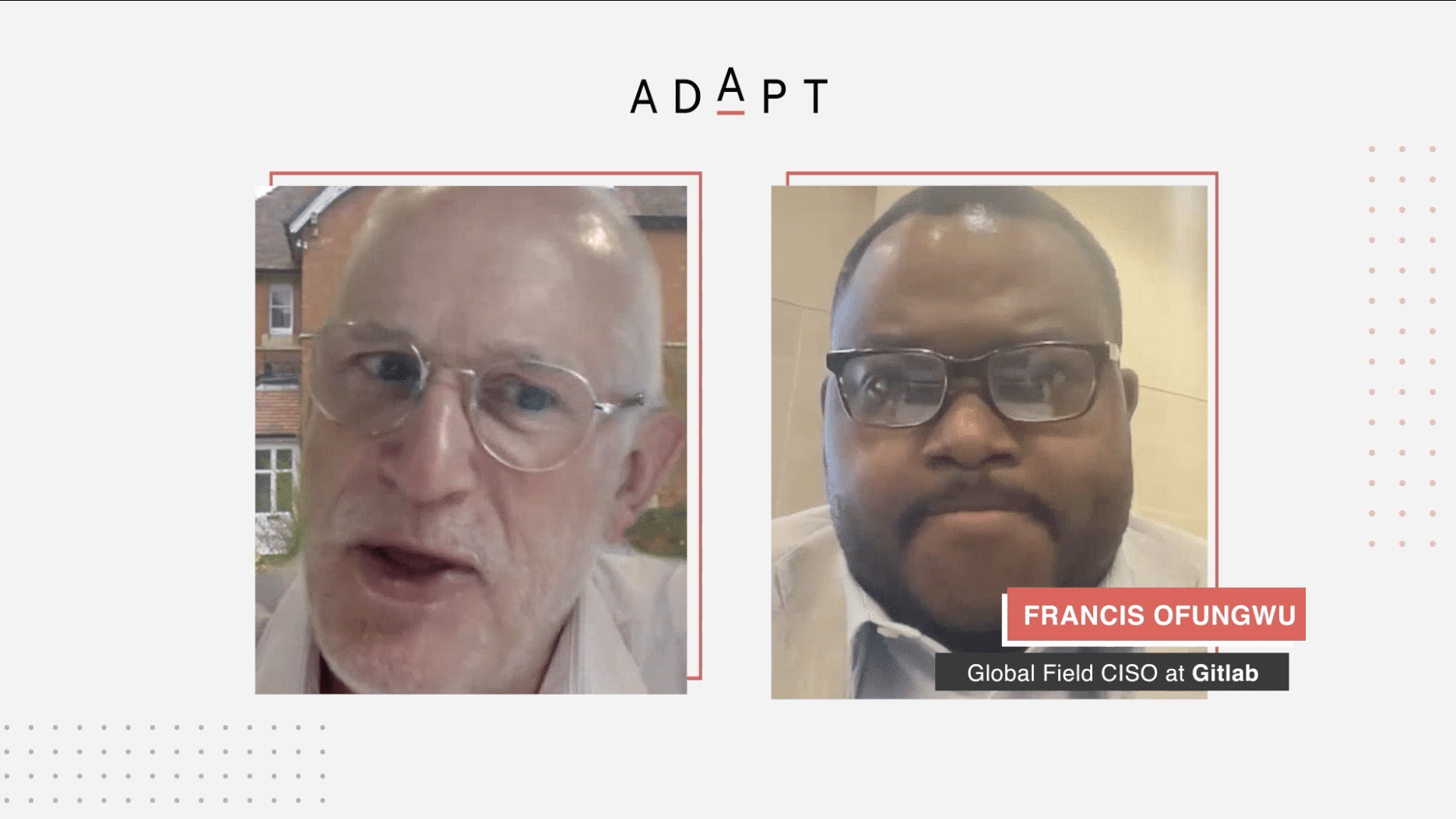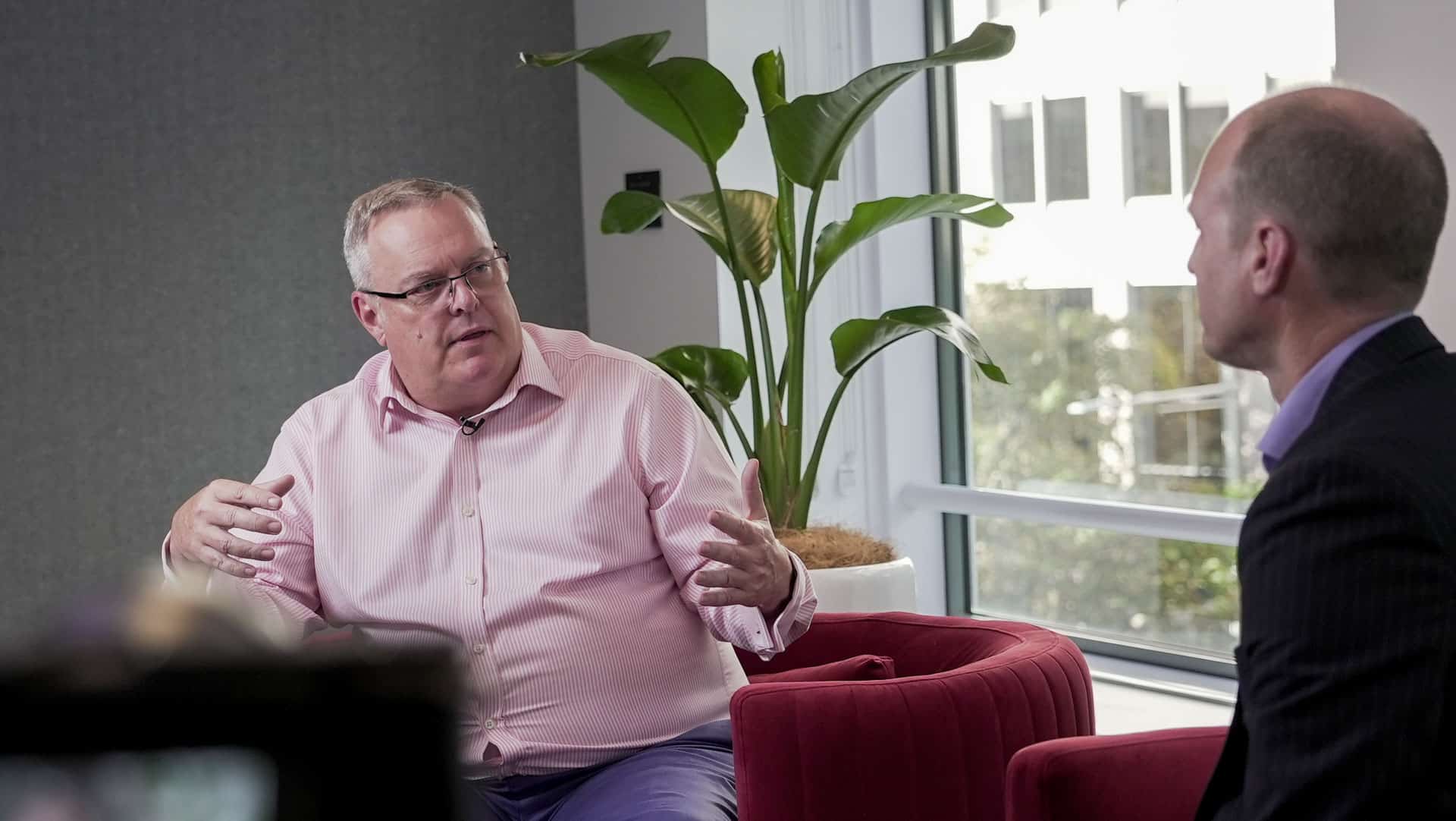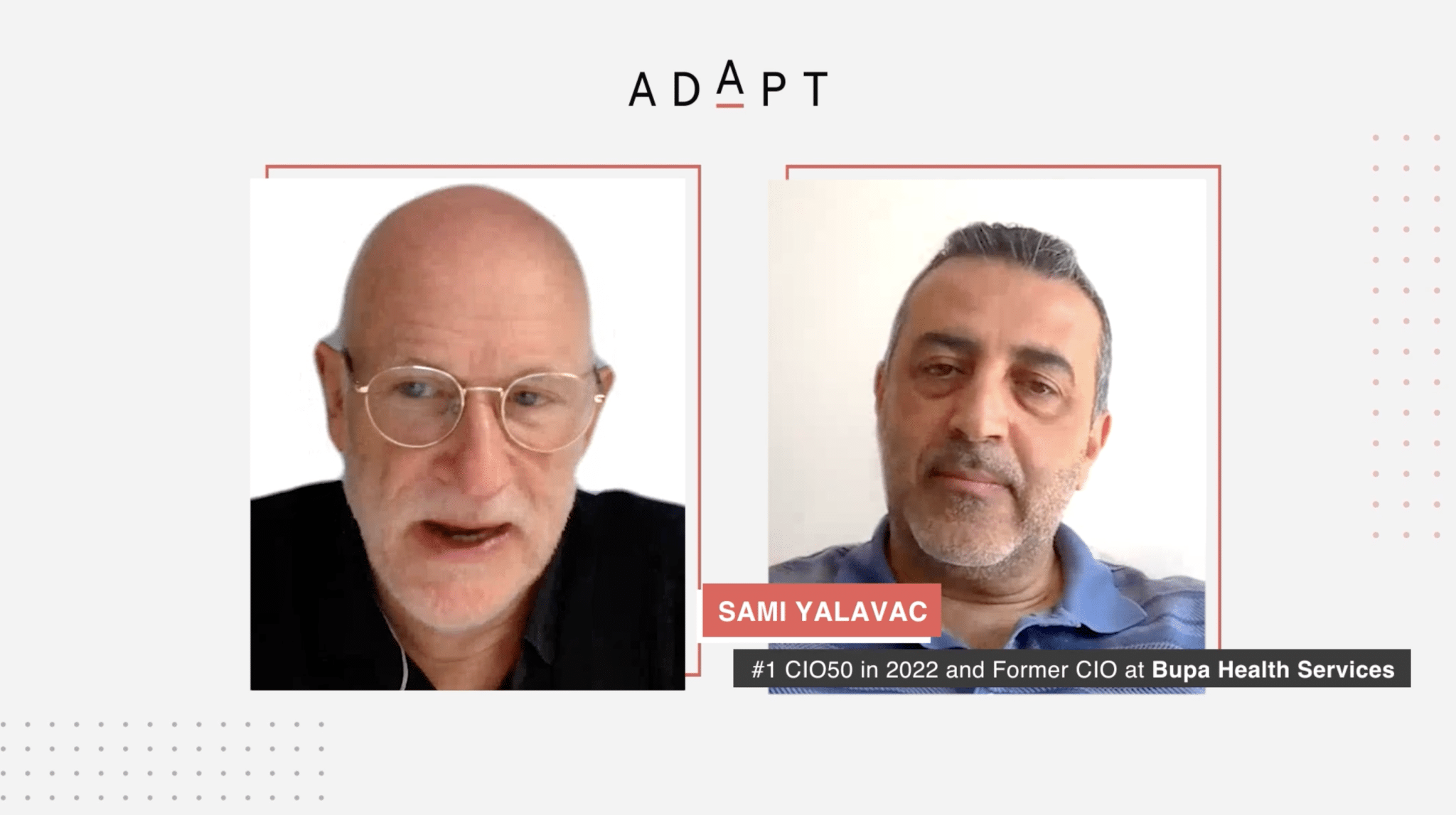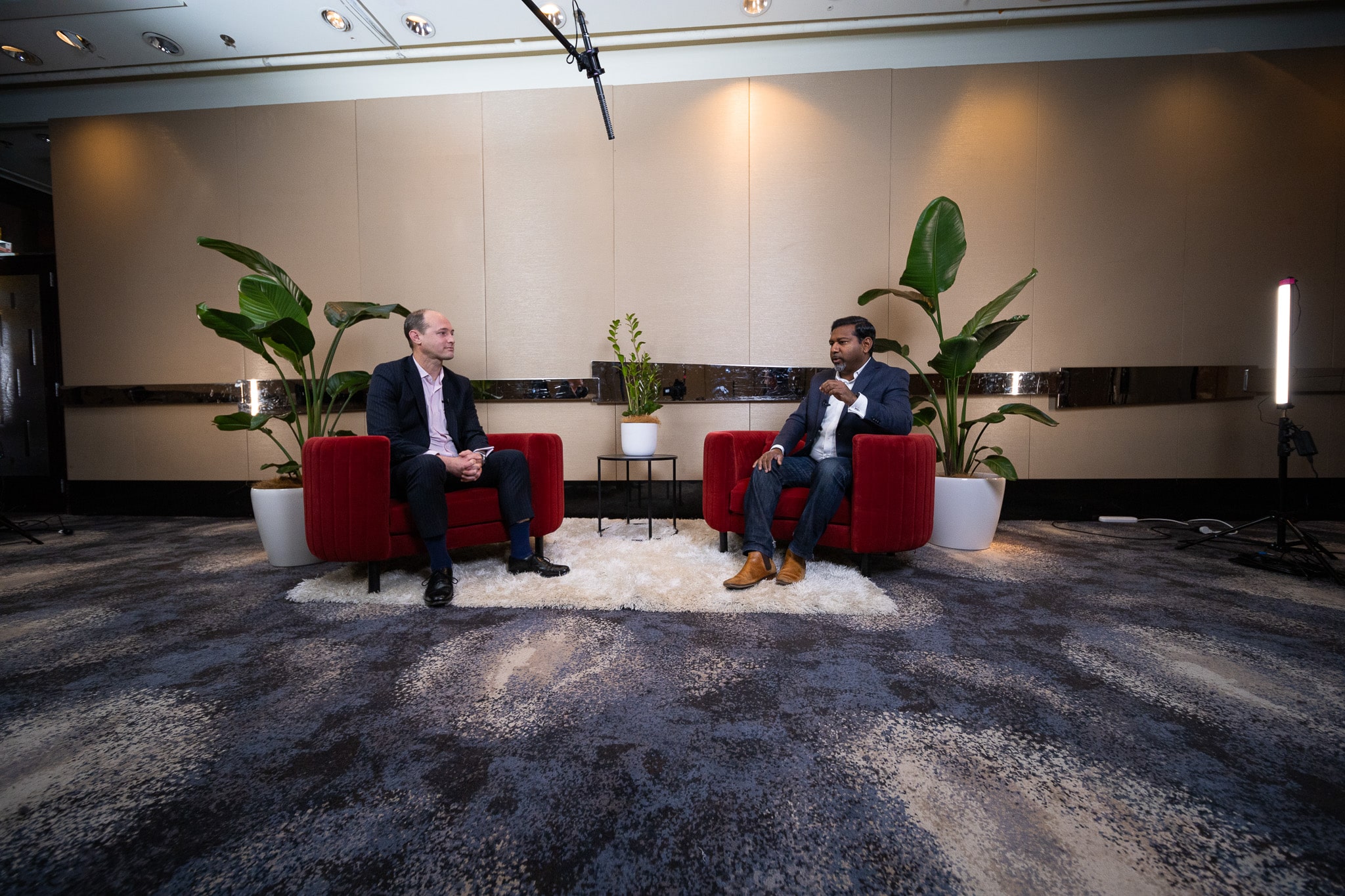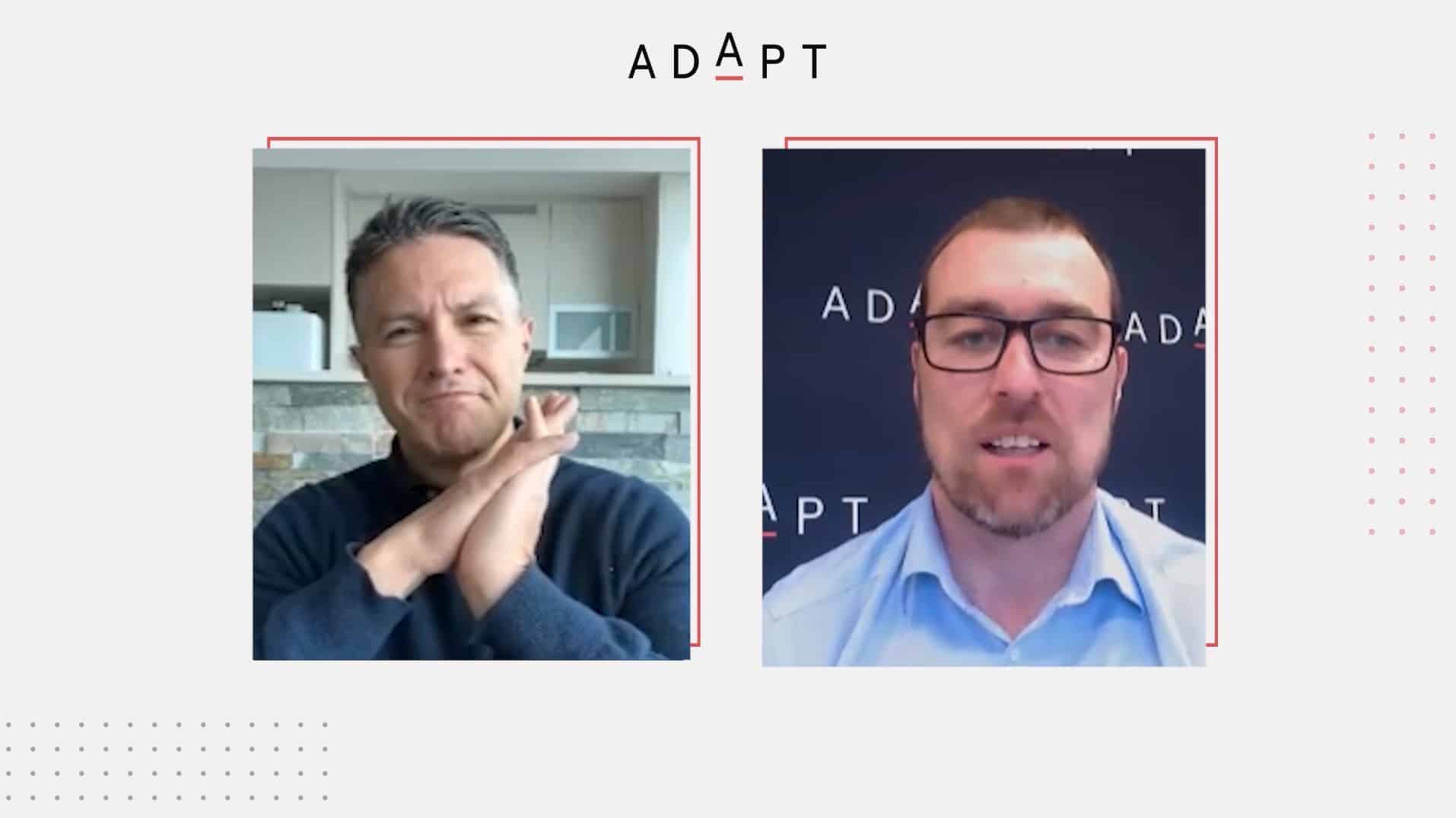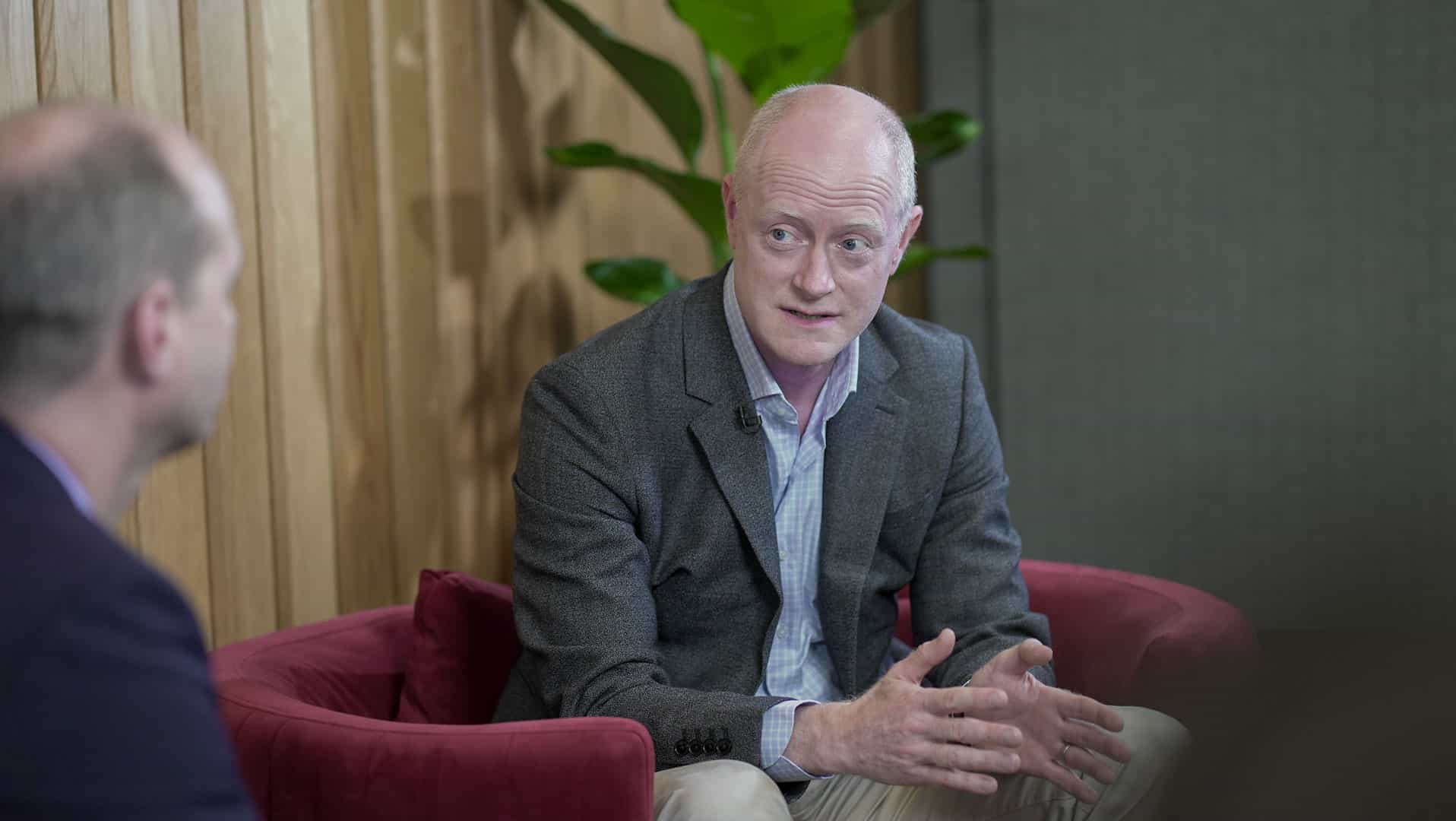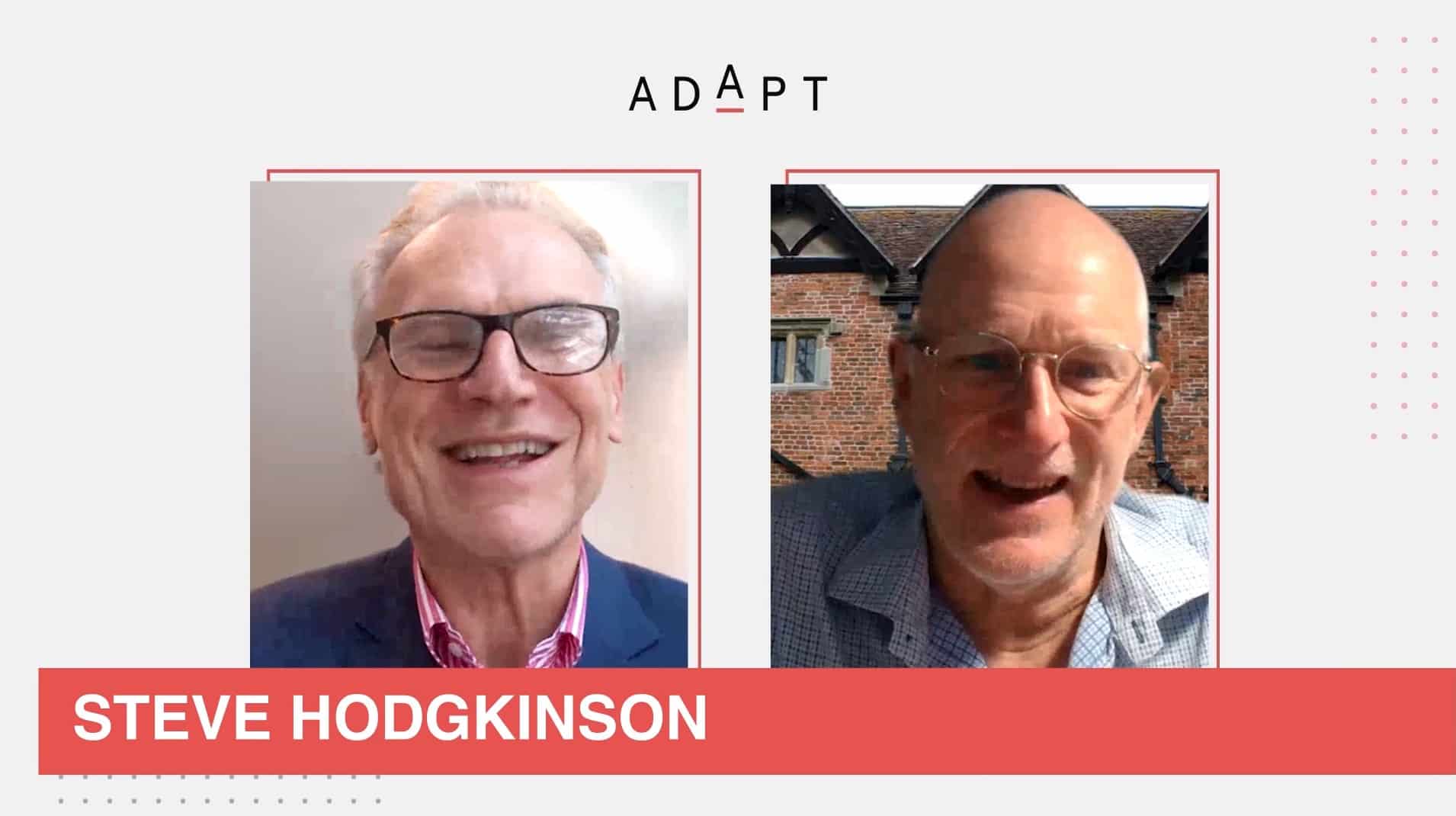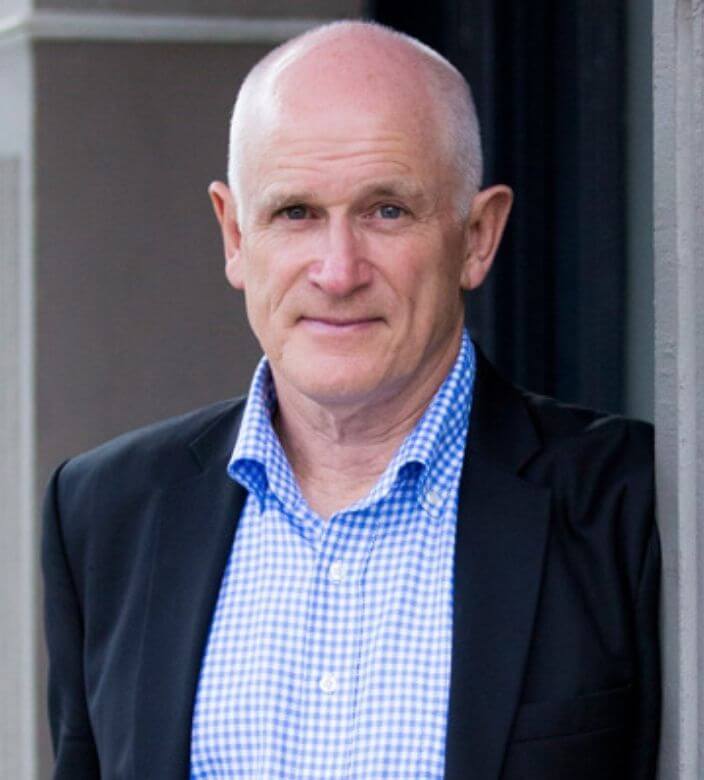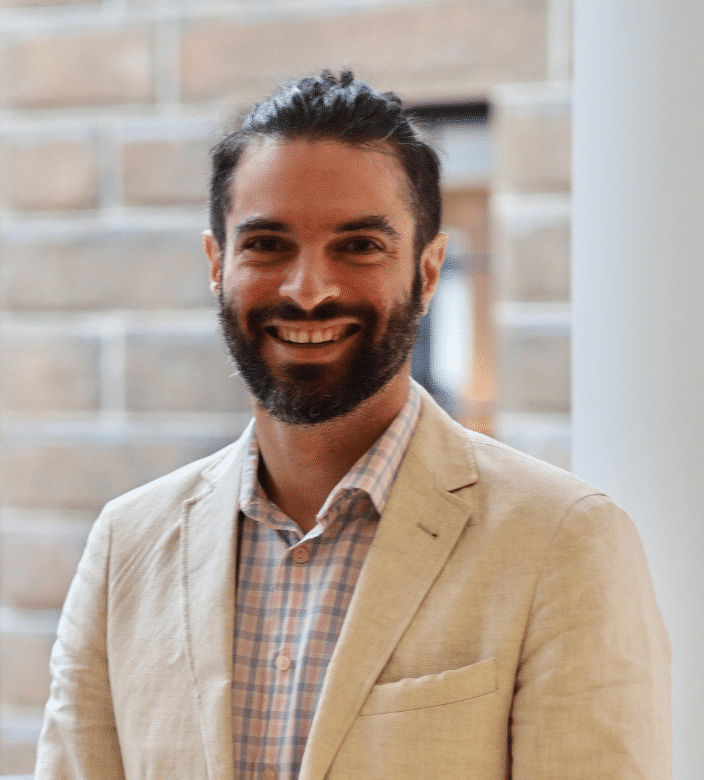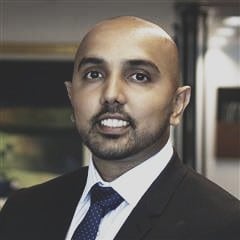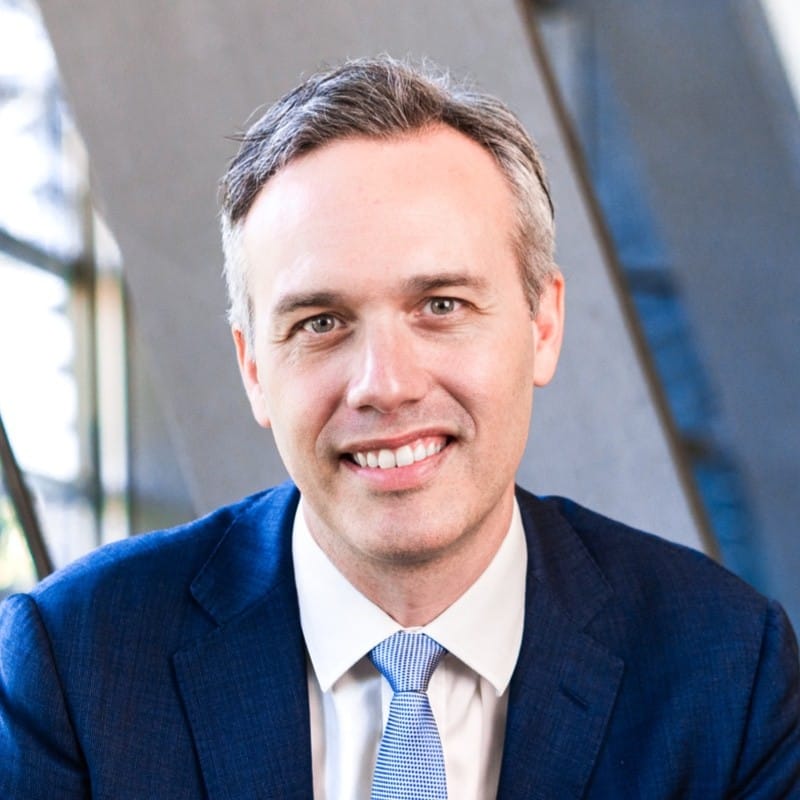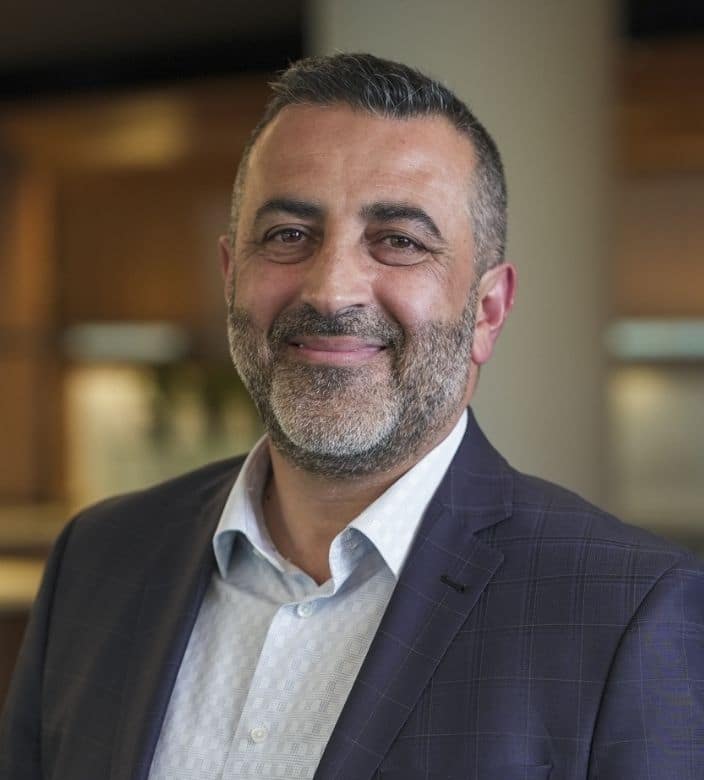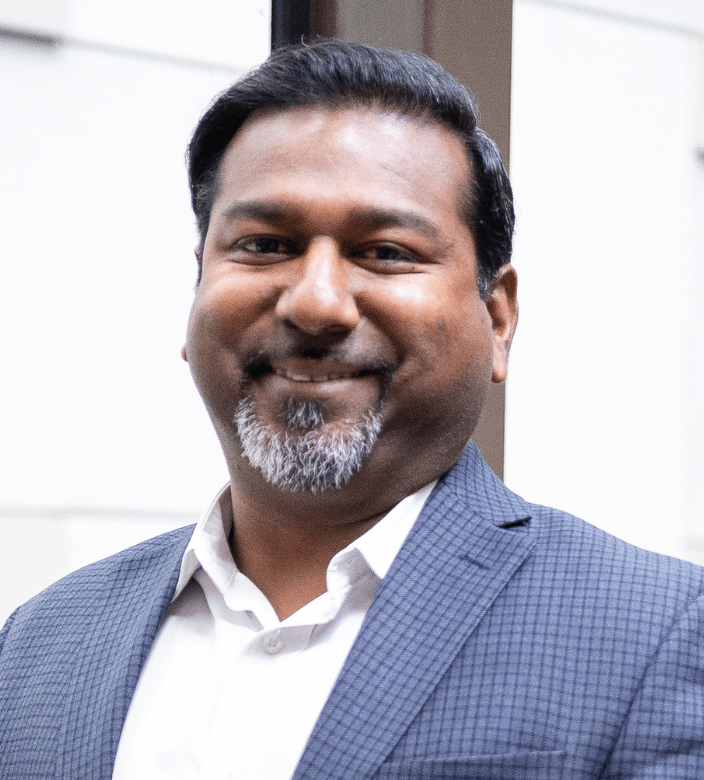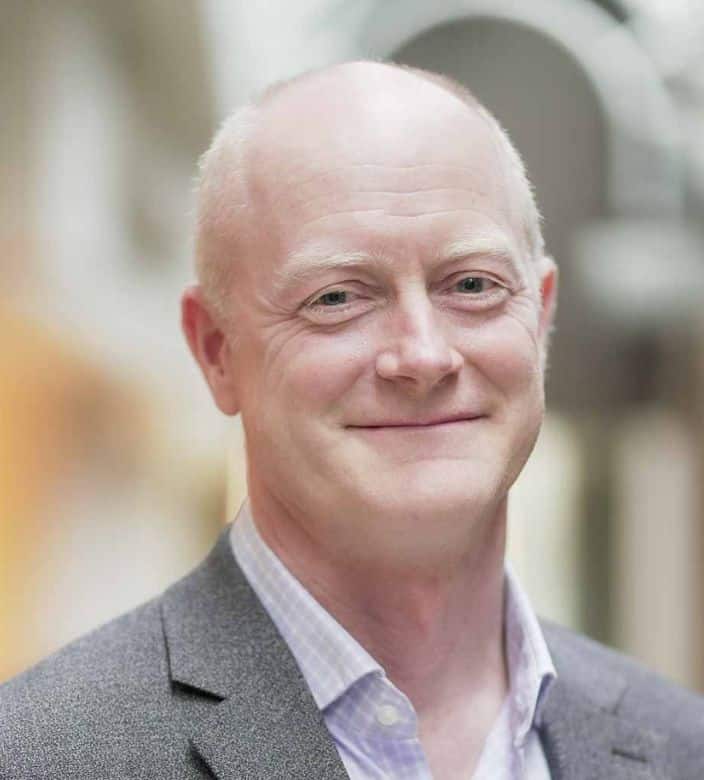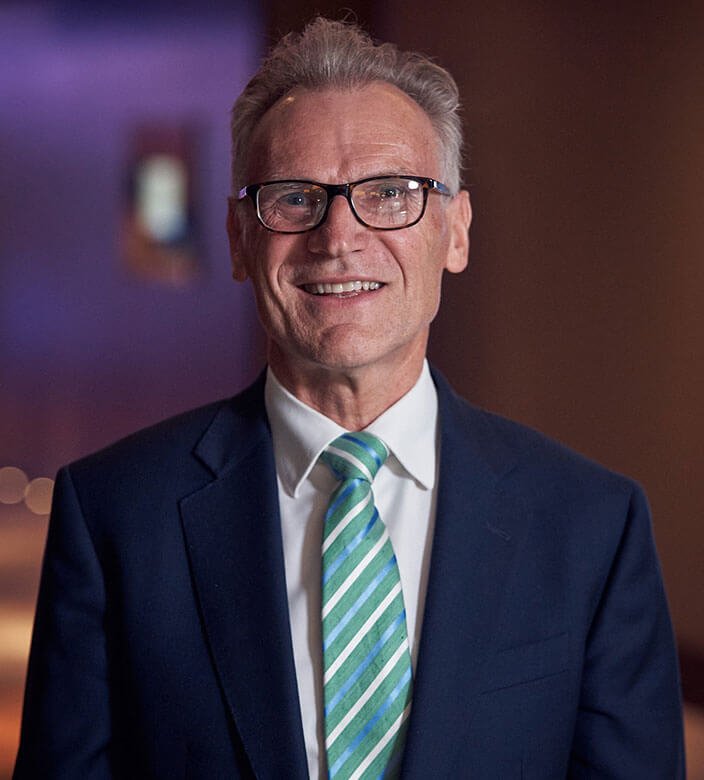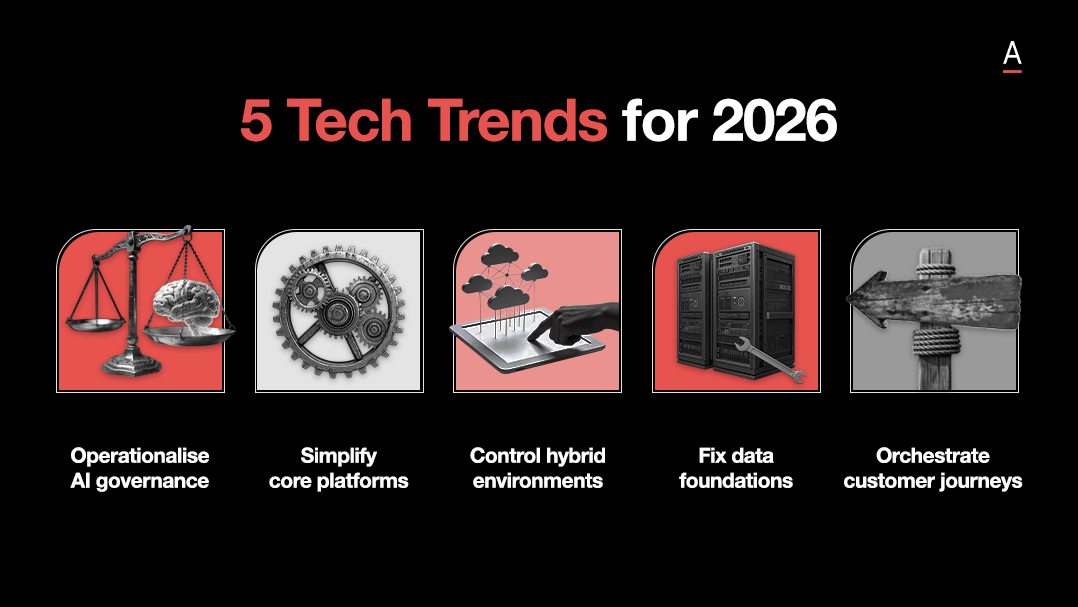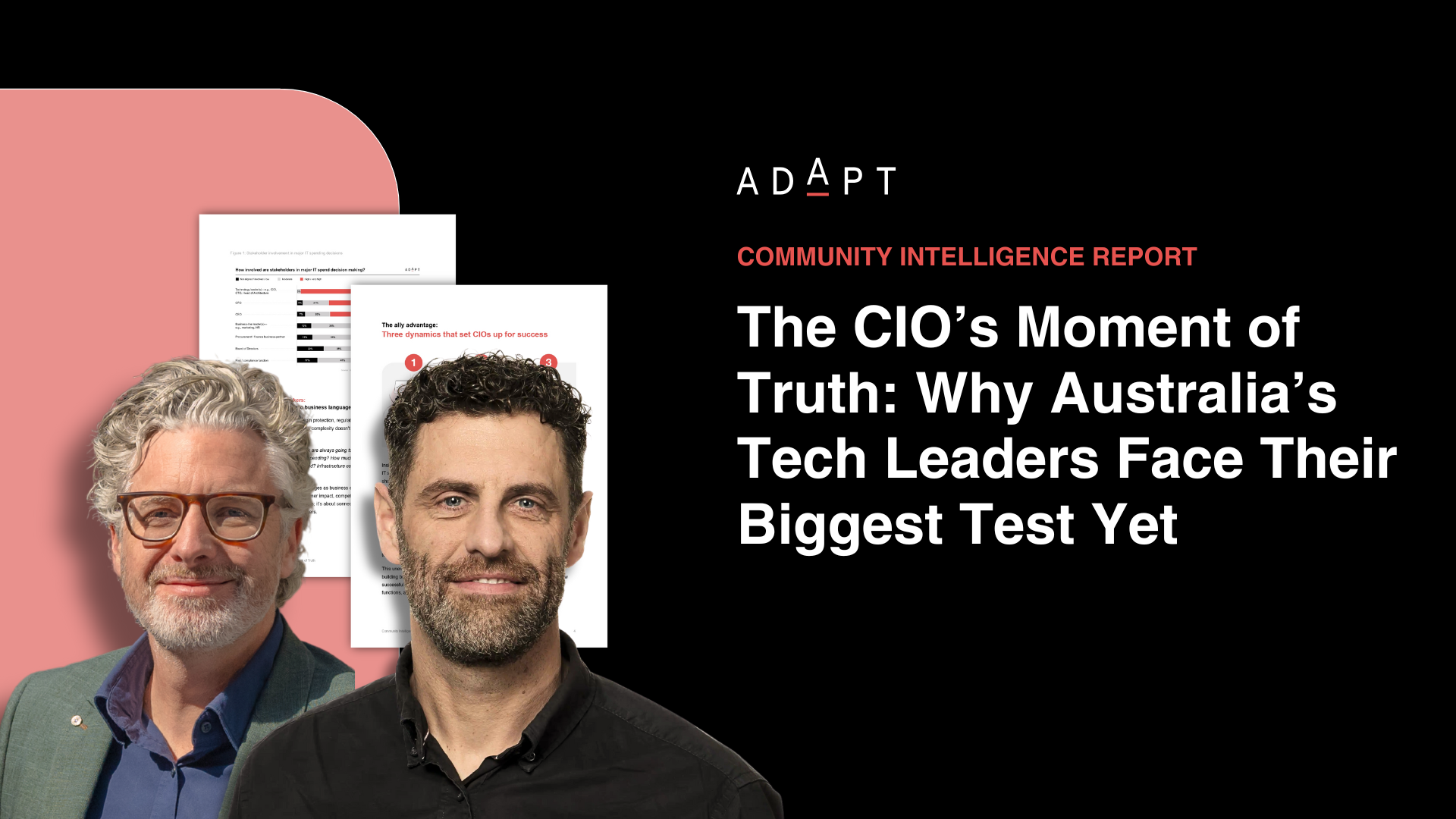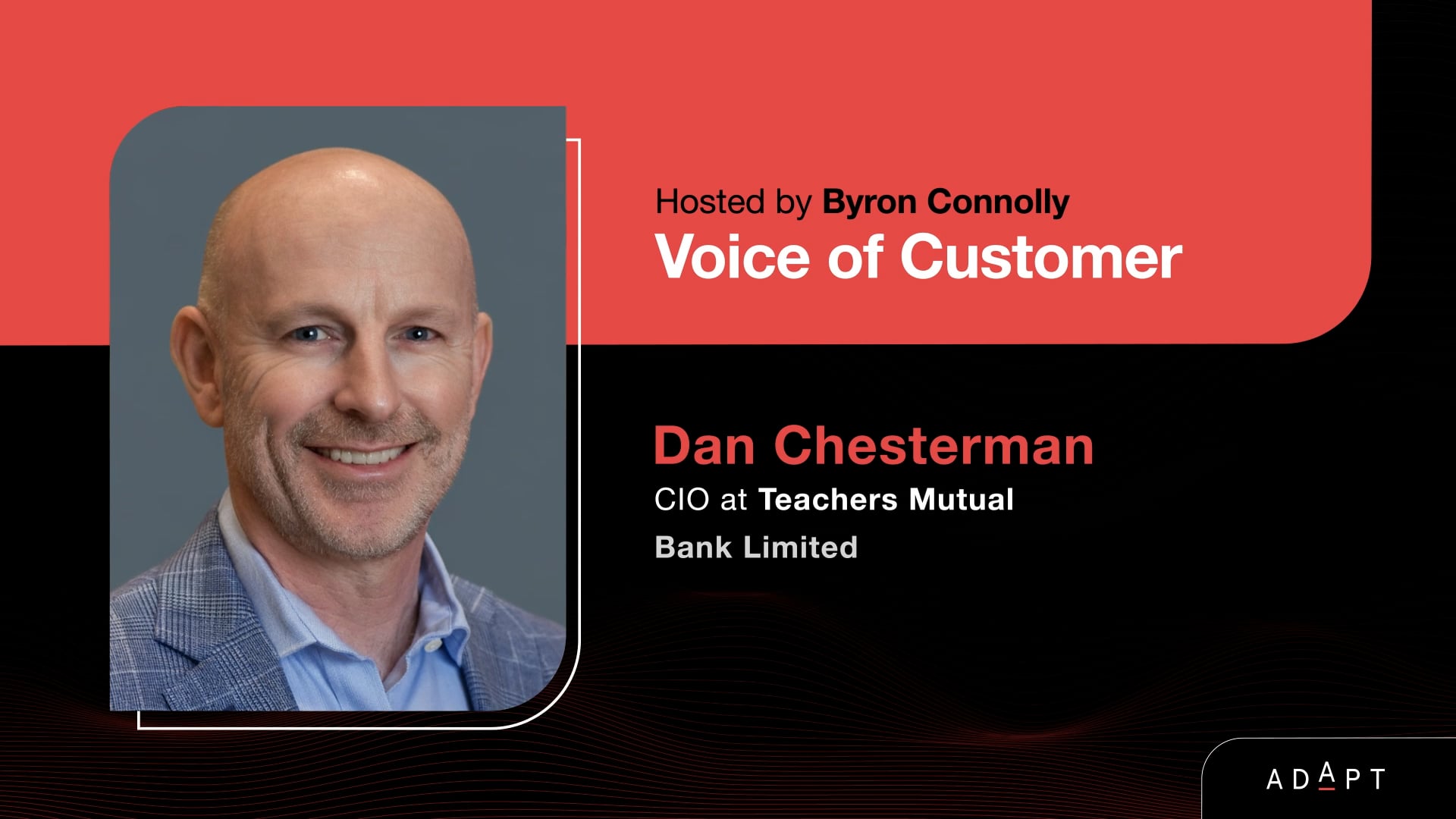Leading Through Digital Shifts: Insights from ADAPT’s 2023 Top 10 Community Interviews
These insightful discussions cover pivotal themes such as adopting user-centric methods, managing the complexities of cloud technology, and the nuanced challenges of AI governance.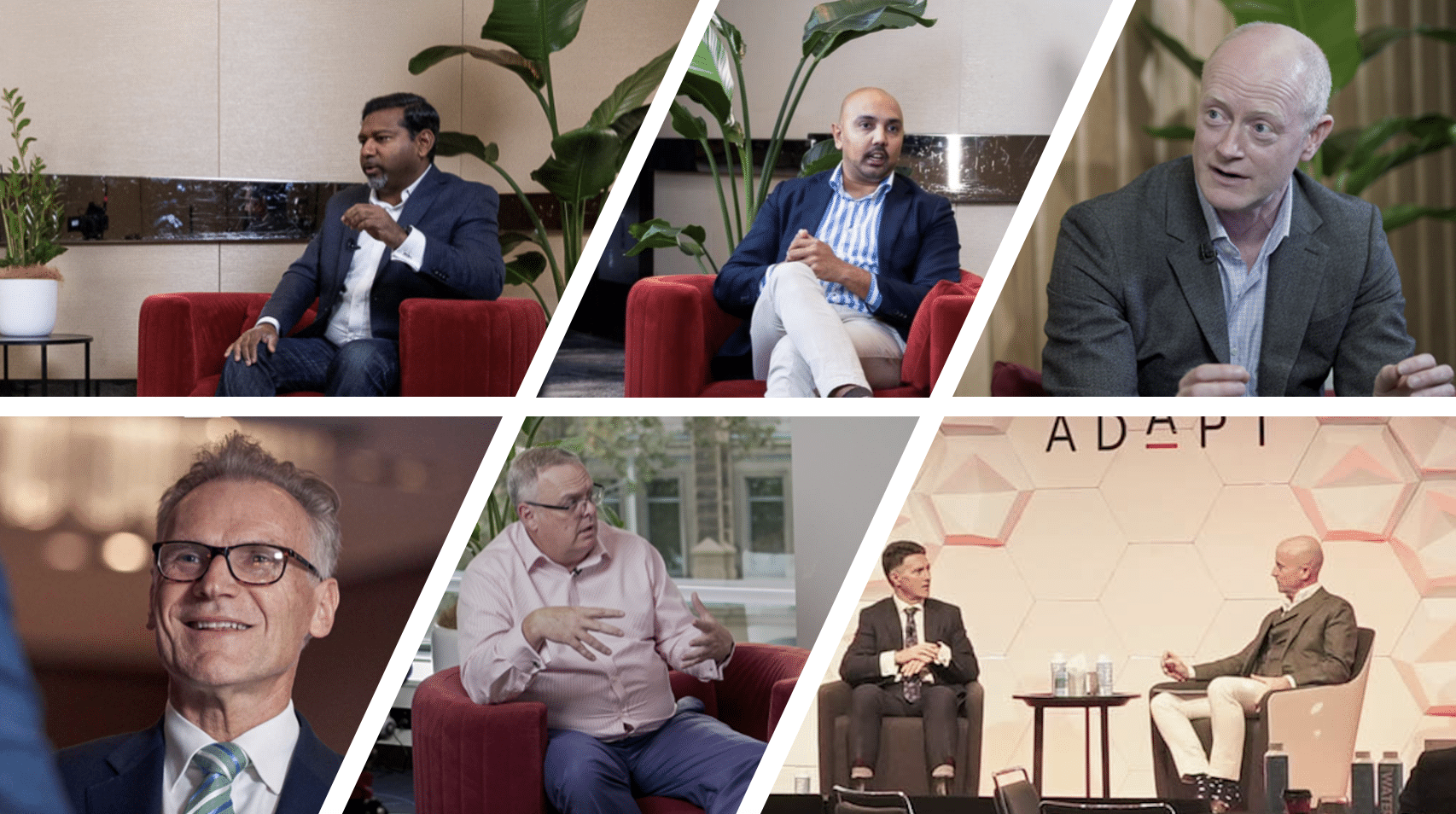
In a year defined by rapid digital shifts, ADAPT’s Top 10 Community Interviews of 2023 offer a unique glimpse into how leaders across various industries are navigating their organisations through transformative times.
These insightful discussions cover pivotal themes such as adopting user-centric methods, managing the complexities of cloud technology, and the nuanced challenges of AI governance.
Delving into topics like ensuring security in open source software to formulating digital strategies within law enforcement, these engaging interviews provide valuable perspectives, shining a light on the journey ahead in our increasingly digital world.
1. User Centricity as the Key to Gold Coast Health’s Transformation
Emphasising the centrality of users in digital transformation, Sandip Kumar, Executive Director of Strategy, Transformation, Major Capital, and Digital at Gold Coast Hospital and Health Service, shed light on this crucial aspect in this community interview.
Sandip detailed how Gold Coast Health incorporateed new technology in healthcare, prioritising user input in the design process and focusing on customisation and modular technology.
This approach was critical for aligning digital strategies with desired outcomes, a need further heightened by the rapid digital transformation in healthcare spurred by COVID-19.
He also talked about how the organisation measures the success of its transformation through various metrics, which reflects resource stewardship and the experiences of staff and patients.
2. Tackling Cloud Complexity: Coles Group’s Innovative Approach to Cloud Management
In the face of growing cloud complexity, Coles Group has taken a noteworthy approach to managing cloud sprawl and shadow IT.
In this community interview, Robert Mamone, former Acting Head of Cloud & Engineering, discussed how Coles implemented a cloud centre of excellence and automated self-serve capabilities, allowing application teams to build with essential security and control.
Their strategic shift from AWS to Azure and the inclusion of Google Cloud Platform highlighted their commitment to a multi-cloud strategy, balancing efficiency with cost-effectiveness, and setting a benchmark in cloud management strategy.
3. Uncovering the Pitfalls of AI: A Call for Multifaceted Governance in Addressing Bias
In a complex digital world where AI is increasingly shaping many business decisions, Edward Santow, Director of Policy and Governance at the University of Technology Sydney, warned of the inherent risks associated with AI and data science.
Edward categorised these risks into legal, financial, and reputational domains, pointing out the multifaceted nature of algorithmic bias.
He called for organisations to adopt a comprehensive approach in governing bias, involving diverse stakeholders and balancing automated tools with more analogue, hands-on strategies to ensure fairness and compliance in AI usage.
4. Securing the Open Source Frontier: Insights from Gitlab’s CISO
Francis Ofungwu, Global Field CISO at Gitlab, brought focus on the critical challenges in open source software security.
In this community interview, Francis discussed the complexities of managing the open-source software supply chain and talked about the need for a holistic security approach.
He highlighted the early-stage struggles organisations face, especially in ensuring the trustworthiness of their software.
Stressing the need for proactive risk management by users, developers, and engineers, Francis advocated for efficient handling of vulnerabilities, signifying a major shift in how security is perceived and managed in the open-source realm.
5. The Art of Influencing Decision Makers in Education
Fostering effective leadership in education requires more than just strategic decisions; it demands transparency and trust-building, as highlighted by Rowan Dollar, Chief Information Officer at Catholic Education Office Archdiocese of Canberra and Goulburn in this community interview.
His insights revealed the significance of clear communication and understanding among all stakeholders in educational settings, from executives to parents.
Rowan’s approach exemplifies the importance of aligning actions with the core mission of enhancing student and teacher outcomes, and the need for agility and adaptability in navigating the complexities of educational leadership.
6. Redefining IT’s Role in Business: Insights from a Top CIO
In the realm of digital transformation, Sami Yalavac, former Chief Information Officer (CIO) at Bupa and #1 CIO50 in 2022, underlined the crucial role of IT as a business driver.
He recommended IT leaders to view themselves as integral to business leadership.
This involves using structured frameworks for stakeholder debates, understanding the expectations from various quarters like government and customers, and focusing on delivery while balancing regular business operations with innovation.
Sami also stressed the need to unravel business value beyond financial metrics, especially in sectors like government where the value lies in citizen services.
Effective IT governance and prioritisation, he suggested, should be both an art and a science, requiring distinct accountabilities within the organisation and a strategic approach to project management using Agile methodologies.
7. Adapting to Change: RMIT’s Blueprint for Transformational Success
Chaminda Ranasinghe, Chief Experience Officer at RMIT, discussed the need for organisations to undertake large-scale transformation to maintain relevance in times of relentless change.
In a community interview, he highlighted the significant role of disruptions and evolving audience expectations as catalysts for change.
Chaminda also talked about the importance of aligning digital transformation with organisational strategy, advocating for a culture that prioritises data, insights, and performance-driven decision-making.
He pointed out that successful transformation hinges on more than technology; it’s about fostering the right environment and empowering people.
The approach, he suggests, should start small and scale gradually, with an emphasis on demonstrating value before expansion.
8. Empowering Citizens in the Digital Age
The Hon. Victor Dominello, Director UNSW/UTS Trustworthy Digital Society Hub, Tech Council of Australia Board Member and Former Minister for Customer Service and Digital Govt and Founder of ServiceGen, strongly championed individual control over personal data in a world where information equates to power.
Post his political career, he focused on reforming digital identity and credentials to enhance privacy and empower over 80% of NSW citizens using digital licences.
His directorship at the Trustworthy Digital Society Hub and involvement with the Tech Council of Australia signify his commitment to shaping citizen-centred digital platforms.
Victor emphasises the need for government agility in adopting emerging technologies, warning that delays build public distrust and hinder innovation.
He argues for seamless integration of digital identities and credentials, moving beyond siloed government services to create more unified, efficient citizen experiences.
9. Confronting Data Generation and Infrastructure Challenges in the Digital Era
As the digital world grapples with the relentless surge of data, Simon McFadden, Global Client Director, Data Centres & Telco at Aurecon, delved into the complexities of managing this data influx and the associated infrastructure challenges.
In this community interview, he pointed to a crucial balancing act between technological advancement and sustainability.
In the race to keep up with escalating data generation, there is an urgent need to plan infrastructure design and construction with an eye on sustainability.
This challenge also involves making selective decisions about data collection acknowledging the hidden costs in terms of both time and resources.
Simon’s perspective highlights the need for a strategic approach to handle the growing demands on data infrastructure while aiming for carbon neutrality.
10. Driving Change in Law Enforcement: Victoria Police’s Digital Evolution
Victoria Police’s Chief Digital Officer, Steve Hodgkinson, offers a fresh perspective on digital transformation.
Steve zeroed in on the concept of ‘digital fitness’ as a cornerstone of continuous innovation within Victoria Police.
Unlike traditional one-off digital initiatives, Steve advocates for a dynamic approach, adapting quickly to changes and focusing on efficient project delivery.
His strategy involves stepwise incremental innovation, aligning financial planning with strategic objectives, and embedding security by design.
This approach addresses cyber threats and nurtures a culture of confidence and continuous learning, crucial for sustaining digital innovation in a complex organisation like Victoria Police.






















